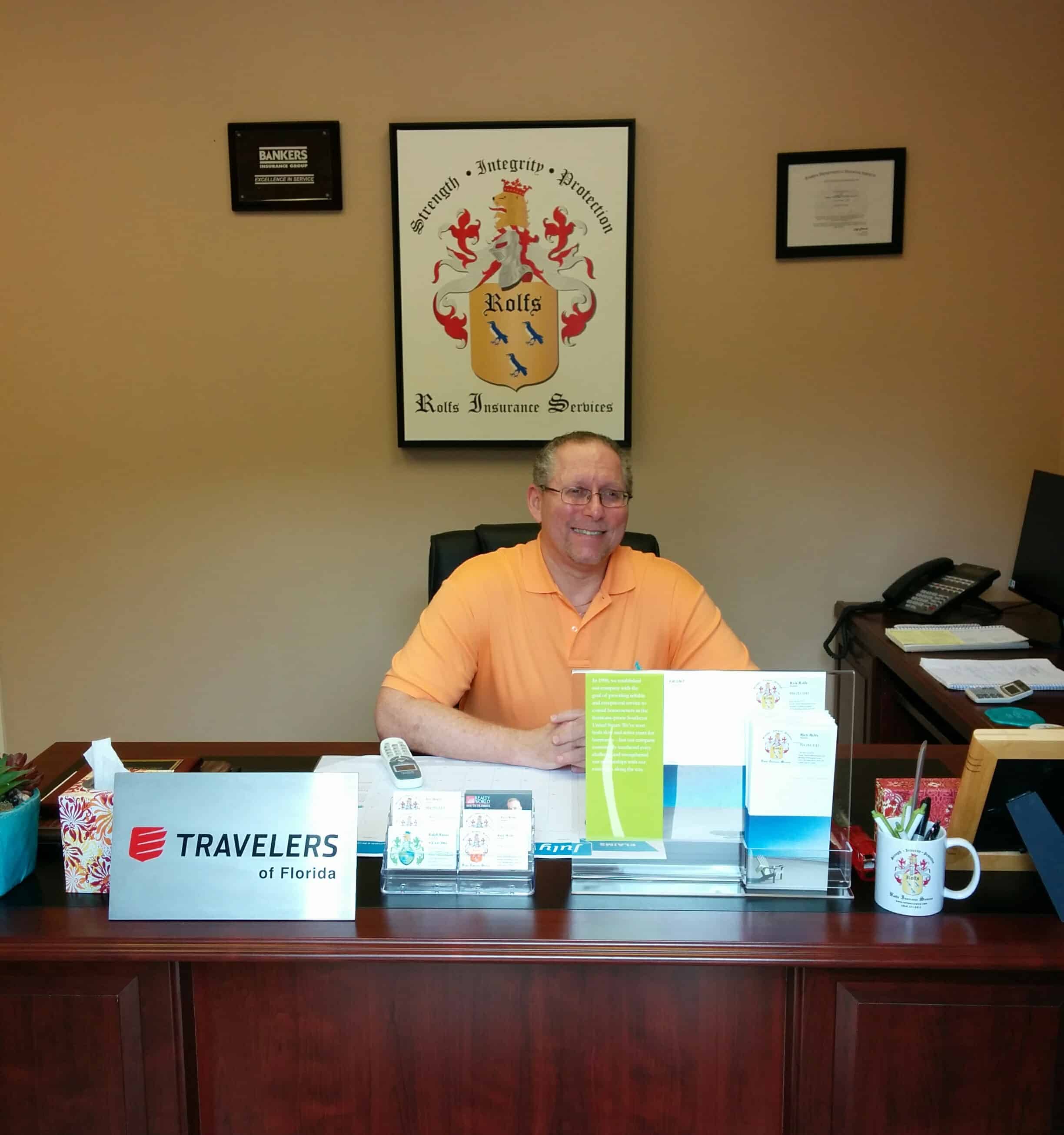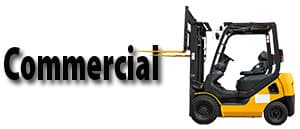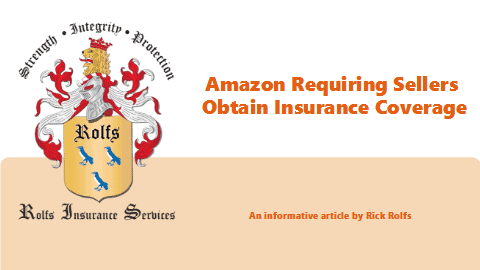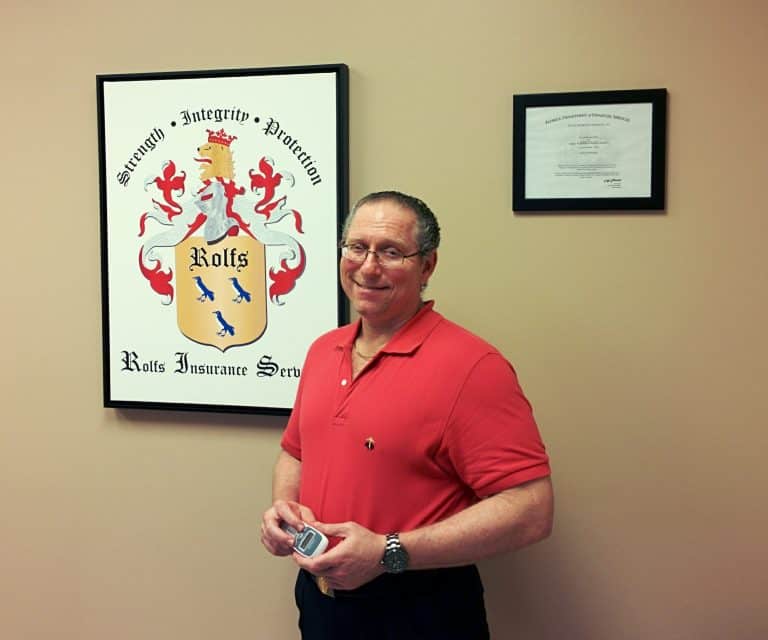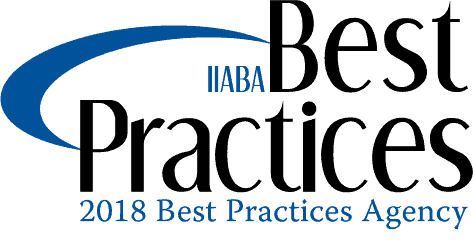Hurricane Irma: Lessons from an Unpredictable Storm
Hurricane Irma has passed and in its aftermath there are many lessons that can be learned. Multiple claims were submitted for both residences and businesses as the result of a storm that actually missed us. The unpredictable nature of hurricanes reiterates the importance of preparedness even if we get lucky.
The vast majority of claims following Hurricane Irma were the result of trees falling on houses, pool cages, fences and cars. This is the reason we have insurance, to pick up coverage for these unexpected catastrophes. The people who had the best outcomes were those that trimmed their trees, particularly avocado, mango, olive, ficus and oak. When a tree is not maintained the wind cannot pass through it and may be knocked down. Avocado and mango trees are very heavy due to their fruit which can become airborne missiles. These trees can also grow to be quite large. It is wise and expensive to keep trees trimmed and away from buildings. The expense of maintaining these trees is well worth it considering that the damage done by a fallen tree is subject to windstorm deductibles which tend to be large. Additionally, the expensive debris removal is typically not contemplated if the tree does not fall upon a structure. In other words, if a tree simply falls in the yard, the cost of cleaning it up is usually the financial responsibility of the homeowner.
In Southeast Florida sustained winds were typically tropical storm force.
Hurricane Irma was a large storm. It pounded the region for somewhere between 15 and 20 hours. It caused mass power outage and damage to structures that were not well maintained. Refrigerated and frozen items may have spoiled. These spoiled items as the result of a regional power outage are typically not covered by standard homeowners and business policies. The policies must be endorsed to pick up this exposure for an additional premium.
Homes with roofs that were at the end of their usable life were exposed to missing shingles and roof tiles. This allowed water to penetrate structures causing damage to the interiors. Coverage for this type of water penetration is generally triggered when the wind causes an opening in the structure. However, homes and businesses that were not properly water sealed with fresh paint, caulk and the like had wind driven rain seep in where an opening in the structure was not made. Wind driven rain where there is no sign of a structural opening is typically not covered by property insurance. The key is preparedness. Take precautions, such as a generator to keep food and other perishables preserved in the event of a mass power outage, and maintain the integrity of the roof and water seals by keeping buildings painted, caulked and sealed.
Business interruption coverage was one of the most commonly misunderstood features of a commercial insurance policy.
Generally, this coverage only triggers if there is direct physical damage to the building, not in the event of a mass off premises power outage. The same thing applies to an interruption of other utilities such as phone, internet and water. Mitigate the interruption of these utilities with a power backup, such as a generator, and the hope that the infrastructure, i.e., cell towers and other wiring, are secured by the various utility providers.
The Southeast Florida region was very lucky with respect to Hurricane Irma.
Had the storm gone the forecast track, we may have faced similar devastation as did the island of Puerto Rico with Hurricane Maria. Preparedness allows for the mitigation of potential storm effects but they cannot be avoided. Our climate is changing; storms are becoming more frequent and severe. In terms of managing the risk all we can do is prepare for such an occurrence. Transfer the financial repercussions to an insurer, and respond in a well thought-out way in the aftermath.


